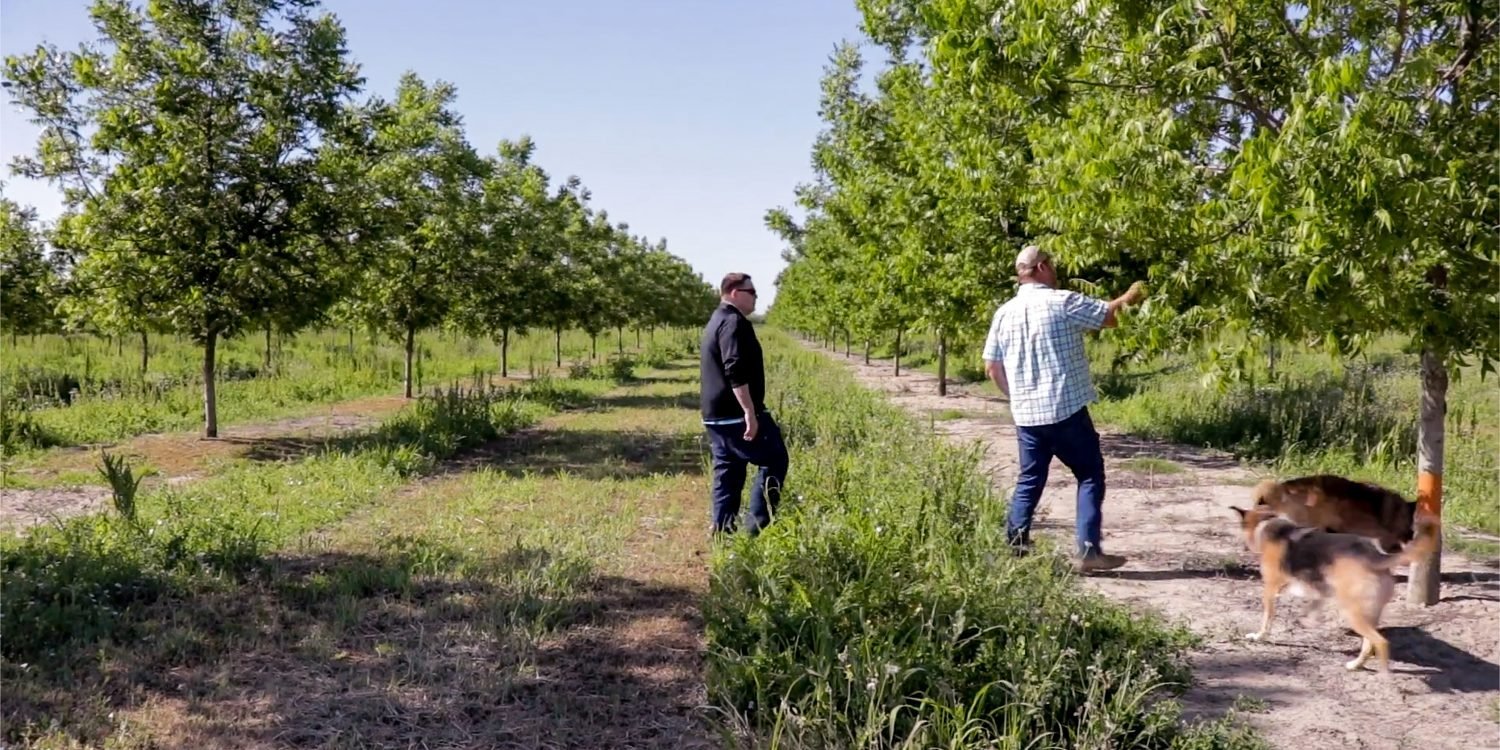by Stu Clark, Conservis Senior Product Manager
When I was a kid, my dad had a custom harvesting business. His niche was dairy-quality alfalfa. I worked summers with him all through junior high, high school and college, and then I went to school as a business admin major and ended up getting my Master's as well. I was never opposed to going back to the business, but it wasn’t necessarily my plan. After college, I got the opportunity to go back and work with him. I came back as an adult working in my family business.
My father was always a very good producer - he could consistently make a very good product in a wide range of climates. And he was a hard worker. His view was that “I always gotta be doing something.” If there was the chance to be able to bale some hay, he was going to go do that.
The part that really always got us was the ability to get in front of our expenses. In his circles he was well-known for producing a quality product and being a fair person to deal with, but we were always chasing revenue. Our accounts receivable was always, well, very long. We would work having to pay the bills before the money came in.
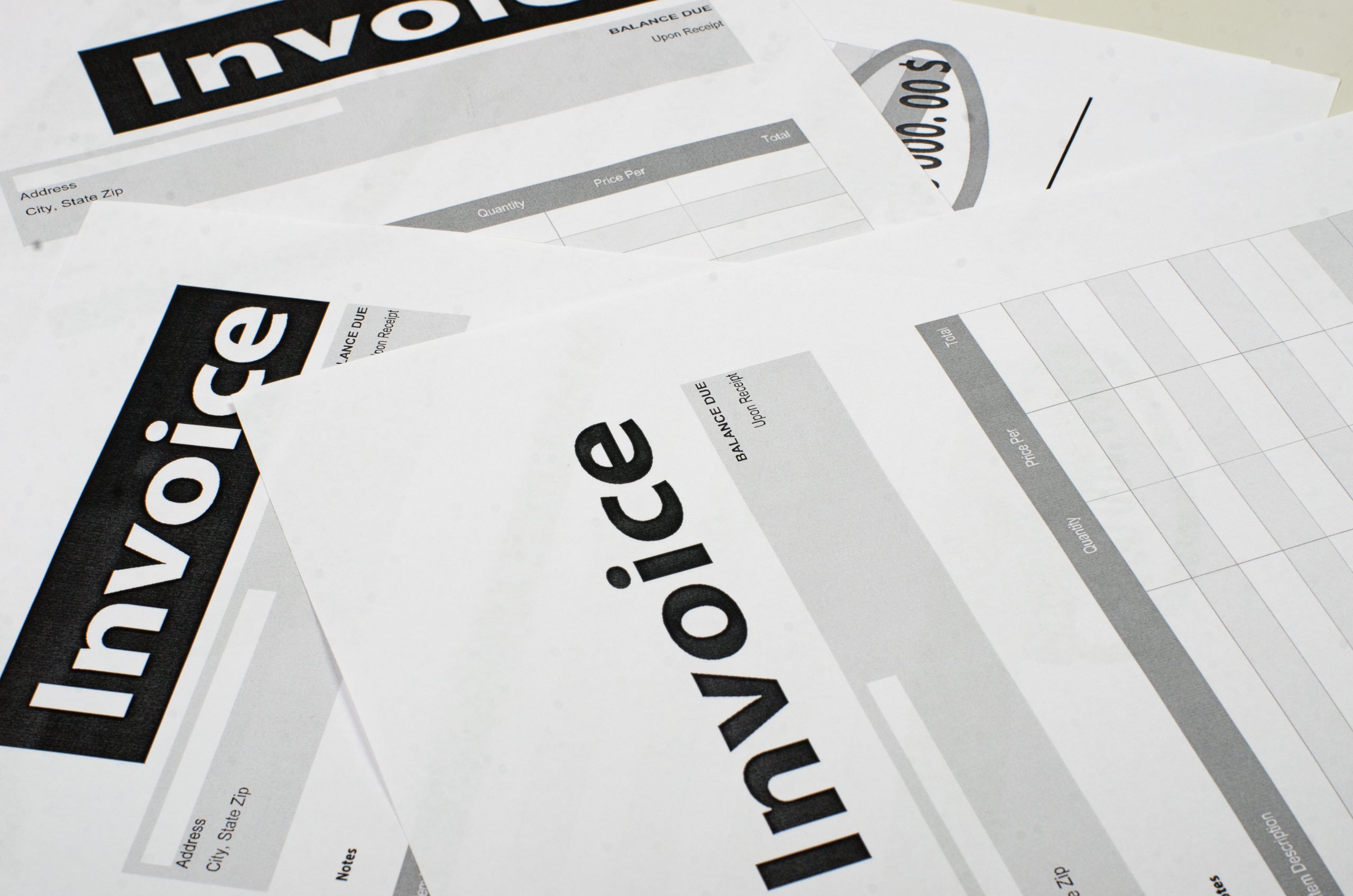
In 2010, when I came back to work for him, all this really started to come to a head. We were still trying to do all the things that we had done, but we had debt. We were trying to keep it afloat but we weren't able to ever create that nest egg of protection.
We tried to set up other businesses. We started a trucking company to help move the hay that we produced and give some of our better employees year-round employment. But running a trucking company is also a very complex thing. The hay company would pay for the trucking company and when it wasn't making its own money and you know, we were also somewhat novice in that space. And we were still always behind because we were paying our bills before we got paid.
By 2012, we just couldn't keep on that treadmill anymore. We had spread ourselves too thin, all in an effort to make it. After losing some of our primary contracts, we decided to shutter the business and go through the bankruptcy process.
Lacking business management = stress on the farm
Looking back, my main takeaway is what the stress of trying to manage this must have been like. My dad didn't have the tools from a business management side. I remember he would agonize over Quickbooks and the checkbook register, but we just never had any sort of robust budgeting or planning to know if we were on track or off. As a customer operation, we didn't have land equity to help counterbalance our debt load. Bottom line, we were not an attractive client for a bank.
I’m sure if we went back and looked at it, the rates we were using for our custom jobs were not covering our break-evens. I’m sure that we were not breaking even for a long time. Even though we worked relentlessly. I imagine my dad on a treadmill - I’m just going to keep running and running and running. And if I can keep running long enough, eventually something will happen where all my time invested in sweat, tears, blood is going to be repaid. Well, the reality of that is at some point that treadmill stops, and it doesn't typically stop with some sort of large windfall of profit.

We always had a very comfortable home life, and not until I became an adult did I really understand what he was going through, the stress of not having insight into his operation or not having any control. The stress he put himself under for decades to try to keep this whole thing floating and be a good provider for his family - it had to be immense.
Some of the current things happening, we would have had no ability to weather. There was a large drought in 2002, and we probably should have exited the business there as opposed to 10 years later and done something else for those 10 years. But you know when you're in it and running on that treadmill, all you can do is keep going and doing the same thing over and over, just keep working hard.
Stu's work at Conservis
My dad was so focused on keeping that treadmill running that the idea of stopping to do plans seemed counter to what he was trying to do. But the reality is that's what we needed. What I see astute farmers doing today is farming more for profit than yield. So sometimes they might have less yield, but they’re saving money on inputs. We had no real insight into anything like that, so we couldn’t make those thoughtful decisions to make sure we were on a profitable plan.
I went on to a job developing software for investment bankers, but truth be told, I couldn’t bring myself to care much about the plight of the investment banker.
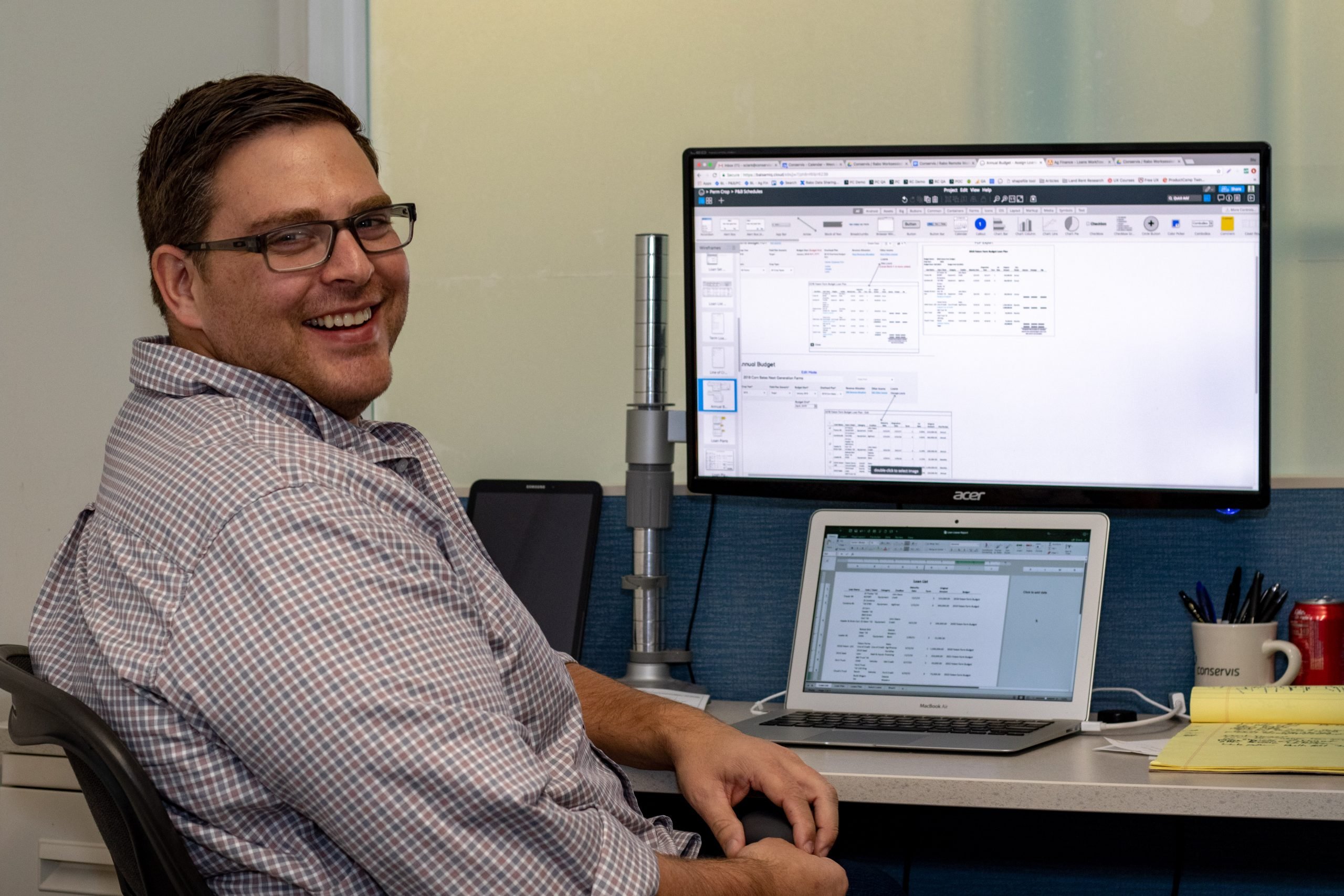
"I ended up joining Conservis, where much of my job is helping develop tools so farmers can run their businesses, instead of their businesses running them. It's meaningful work for me."
The whole goal of Conservis, and especially our partnership with Rabo, is to give farmers insight and tools to make the best business decisions possible. If a grower's out there working today, they know how to grow crops; they’re spot on with the science and the agronomy and the production. But the business side is always a journey where you can improve.
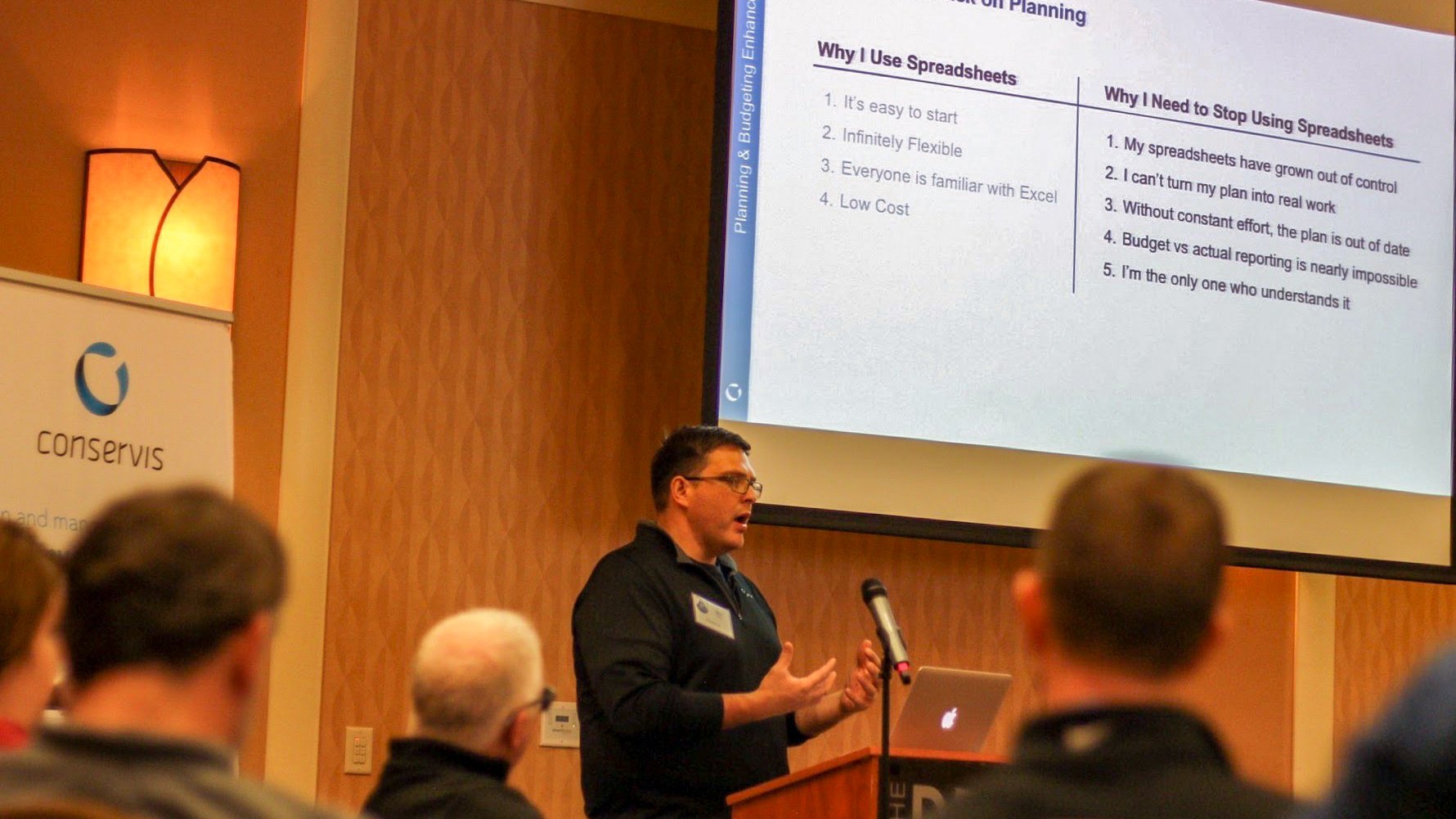
That’s why we’ve been focused on taking our farm management software from an operational view to a truly complete business view. In Planning and Budgeting, we started with a solid foundation of direct and indirect costs as well as cropping revenue, but field plans and activities were just the beginning of the journey. Now we've added tools to manage land costs and loans/leases, other streams of revenue and family living costs. At this point growers are able to get a truly comprehensive economic picture of their operation and gain maximum control over their business profits.
I’m really proud of what we’ve developed with our Financial Management tools. Not only does it help growers manage their businesses, it also helps share information and insights with their partners. We talk a lot from a product standpoint about the ability to share information with lenders so they can be a part of this solution. It’s really, really easy for growers to share things out of Conservis in a way that makes them look as professional and organized as possible.
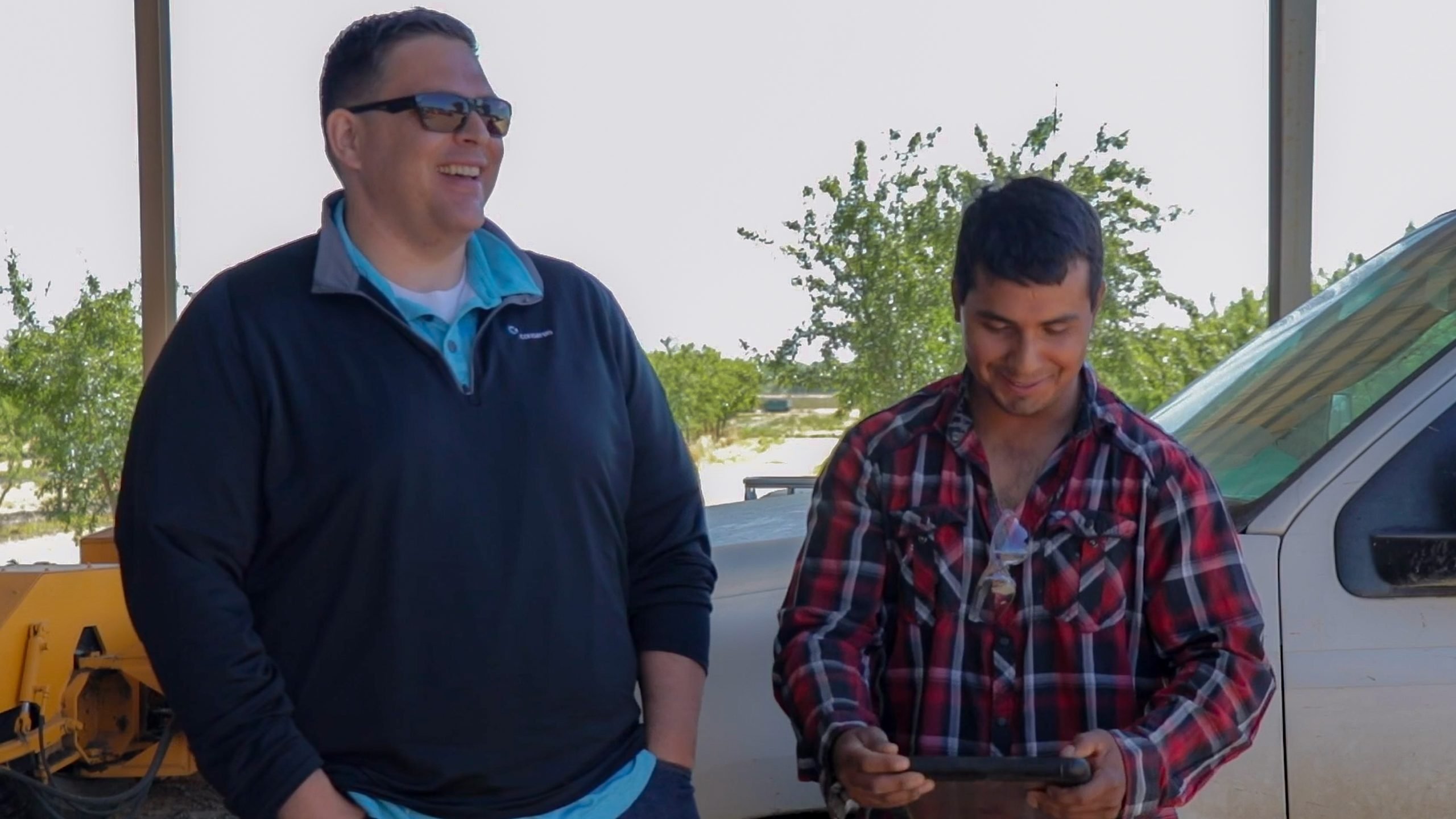
When I look back at our farm operation, we weren’t tracking anything as part of a plan, so we never had any idea if we were on plan or off. I remember trying to put together information that the business banker asked for, not really knowing our numbers. So the information we provided to our lender to make sure we had the financing we needed - how could they trust that information? It was probably clear we were in chaos, that we were working just as hard and as fast as we could to try and keep our heads above water.
With our lenders, we weren’t getting any benefit of the doubt, because we didn’t have a cohesive, organized approach to how we did things. Using the reporting wizard in Financial Management, our growers can easily generate all the information lenders need, and it looks good too. When you’re prepared and give an air of preparedness, you build trust and get much more benefit of the doubt.
On my family farm, a lack of insight kept us in the dark. Our only option was to keep moving forward. If we’d had tools like this, we could've stepped back and made some strategic decisions, been in the driver’s seat of our business instead of not having that control. I’m extremely proud of all Conservis is doing to support and empower farmers and that I get to be part of those solutions.
Stu Clark is a Senior Product Manager at Conservis. He grew up in Billings, Montana, and now lives in Edina, MN.

